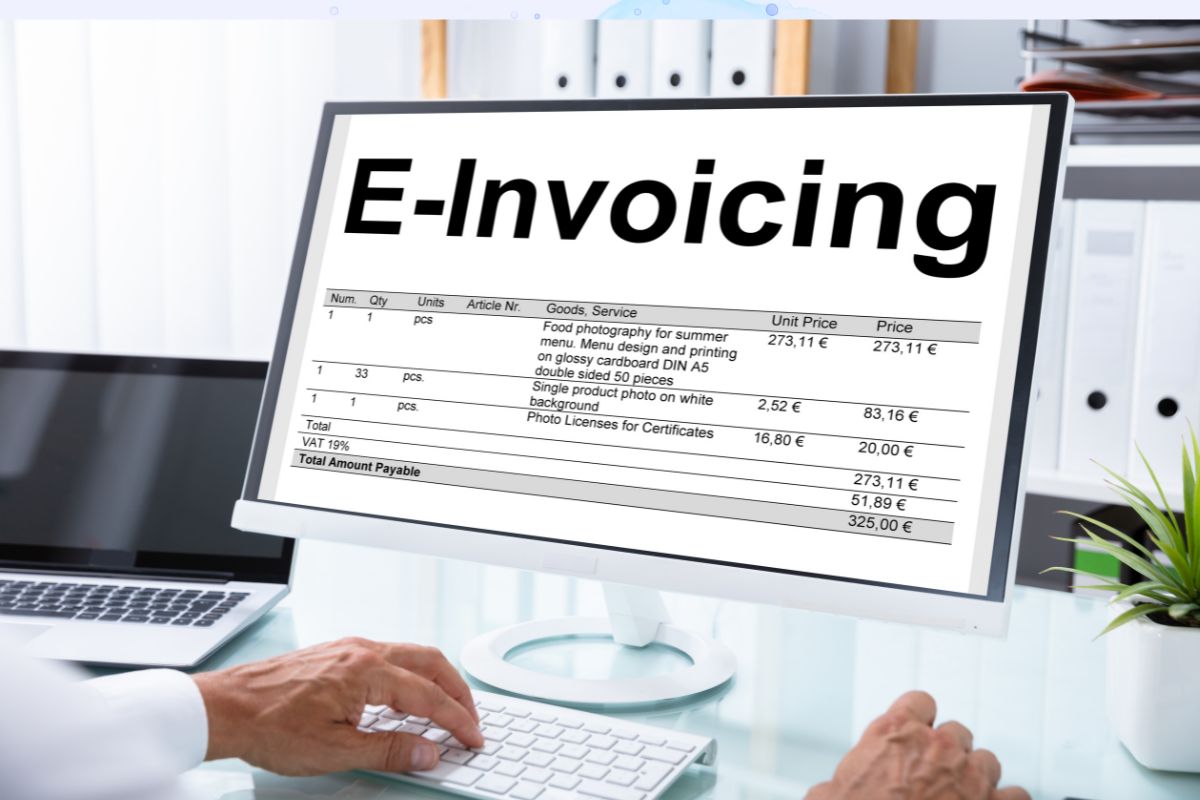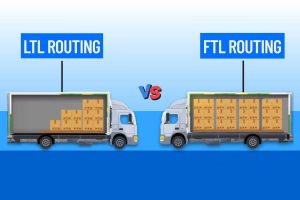In India, e-invoicing has gained significant popularity for its ability to streamline the invoicing process efficiently. It introduces a digitised system allowing companies to electronically issue, receive, and store invoices, making it a preferred choice due to its paperless nature. This not only eliminates errors but also automates the invoice generation process.
When is e-Invoicing Required?
According to the new GST regulations, e-invoicing became mandatory on August 1st for companies with a turnover exceeding Rs 5 crore. This step aims to simplify GST filing and enhance transparency in GST collections.
Moreover, e-invoicing ensures that sales made by businesses cannot be concealed, as the government promptly receives information about them.
The mandate for e-Invoicing in India is specific to certain businesses based on their turnover and industry sector. The GST (Goods and Services Tax) Council governs the e-invoicing system, which is implemented by the National Informatics Center (NIC).
Let us know the circumstances in which an e-challan is required in India:
Turnover-Based e-Invoicing
Businesses with an annual turnover above Rs. 5 crore are required to generate an e-challan.
Industry-Sector-Based e-Invoicing
- Companies involved in goods manufacturing with an annual turnover of Rs. 5 crores or more.
- Service providers with an annual turnover of Rs. 5 crores or more.
- exporters
- importers
- Special Economic Zone (SEZ) Units
- Goods Transport Agencies (GTAs), have opted for the composition scheme under GST.
- Insurers, banking companies, financial institutions, and non-banking financial companies
Reasons Why e-Invoicing is Now Mandatory for Businesses
In this blog section, we will explore the reasons behind the growing trend of making e-invoicing mandatory for businesses:
Compliance with tax regulations
Governments worldwide are strengthening tax laws to combat tax evasion and enhance transparency. e-Invoicing software aids businesses in complying with billing and tax filing regulations effectively. For instance, in India, e-invoicing has become mandatory for businesses surpassing a certain turnover limit. This ensures accurate reporting of transactions to tax authorities, reducing tax fraud and evasion while helping businesses avoid penalties.
Enhanced Data Accuracy
e-Invoicing software automates the invoicing process, significantly reducing human errors. This results in more accurate financial records, crucial for decision-making, auditing, and financial reporting. The software ensures that invoices contain all necessary data, minimising disputes with customers or suppliers.
Streamlined Workflow
e-Invoicing software eliminates the need for paper-based invoices, manual data entry, and physical storage. Invoices can be electronically generated, sent, received, and processed, saving time and reducing administrative costs.
Cost Savings
Businesses can achieve substantial cost savings through e-invoicing by reducing expenses related to paper and manual data entry. e-Invoicing software automates invoicing processes, boosting productivity and reducing labor costs.
Increased Security
e-Invoicing software offers robust security features. Electronic invoices are less susceptible to loss, theft, or damage compared to physical documents. Encryption and authentication mechanisms safeguard sensitive financial data, ensuring a high level of security.
Improved Access and Mobility
e-Invoicing software enables businesses to access invoices and financial data from anywhere with an internet connection. It facilitates real-time monitoring of financial transactions, promoting quick decision-making.
Better Supplier Relationships
Efficient e-invoicing systems benefit both businesses and their suppliers. Improved relationships with suppliers can lead to favorable terms, discounts, and better overall collaboration.
Global Standardisation
e-Invoicing promotes global standardisation in invoicing practices, simplifying cross-border transactions and fostering international trade.
Future-Proofing
By adopting e-invoicing software now, businesses can future-proof themselves. They stay ahead of regulatory changes. Also, it improves competitiveness and remains relevant in an evolving business landscape.
Reduced Audit Risks
Accurate electronic invoices with proper documentation facilitate smoother audits. Businesses can readily retrieve and present electronic records, ensuring transparency and compliance.
Competitive Advantage
Businesses using e-invoicing gain a competitive edge by efficiently managing bills and invoices, offering excellent customer service, and easily adapting to changing market dynamics.
Frequently Asked Questions
What are the key advantages of using e-invoicing software?
e-Invoicing software offers improved data accuracy, streamlined workflows, cost savings, enhanced security, and better access to financial data. Additionally, it supports compliance with tax regulations.
How does e-invoicing software help with compliance?
e-Invoicing software automates invoice generation, ensuring they meet required formatting and data standards. It also aids in accurate record-keeping, simplifying adherence to tax regulations.
What are the environmental benefits of e-invoicing?
e-Invoicing reduces paper usage, contributing to environmental conservation by reducing deforestation and carbon emissions associated with paper production and transportation.
Conclusion
In today’s digital era, e-invoicing has become a necessity for businesses in India. The e-invoicing system aims to enhance GST compliance and transparency. Businesses are required to generate a unique e-invoice number for each invoice they send, expediting GST credit claims, ensuring accurate accounting, and reducing human errors. For more information, feel free to reach out to us.












